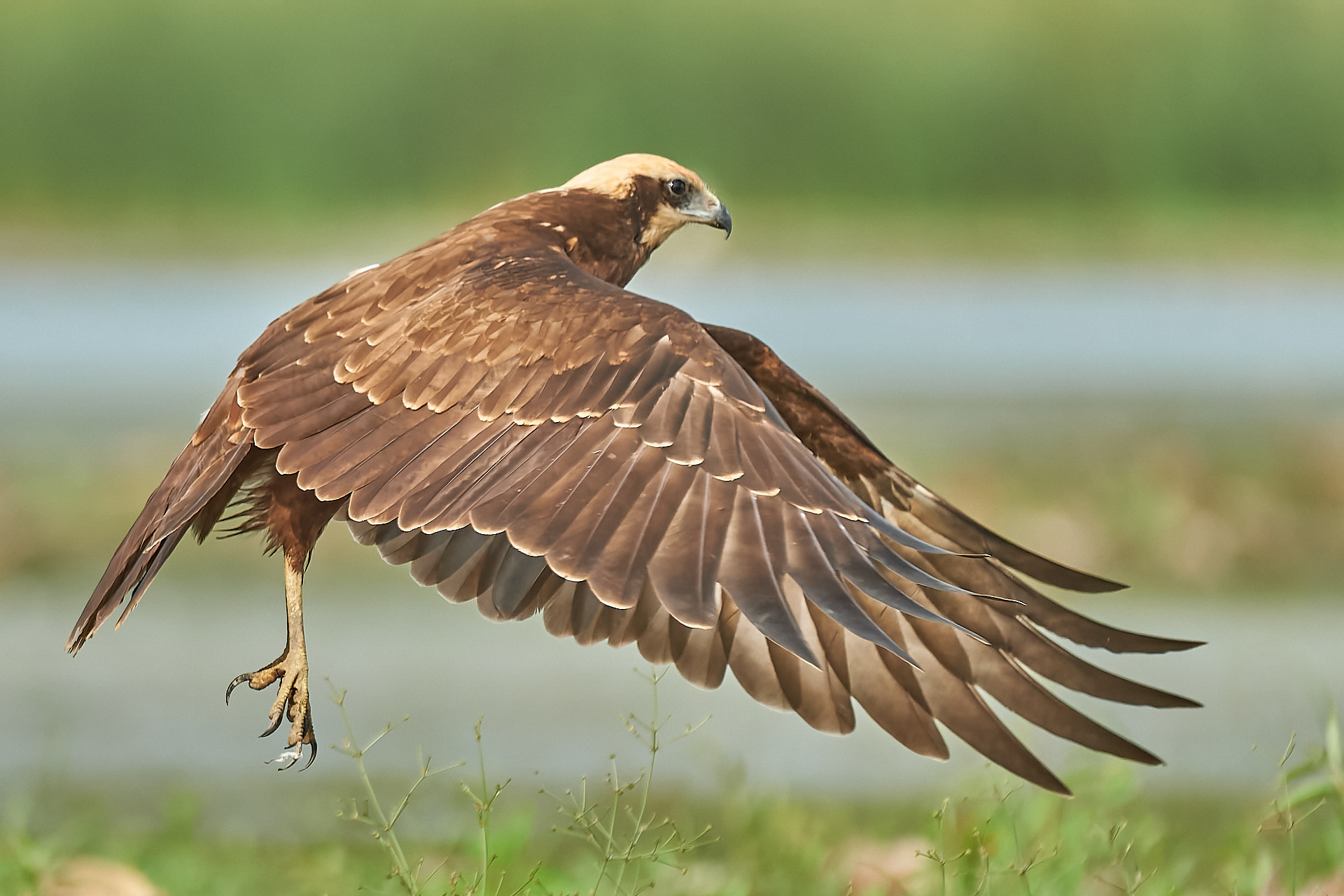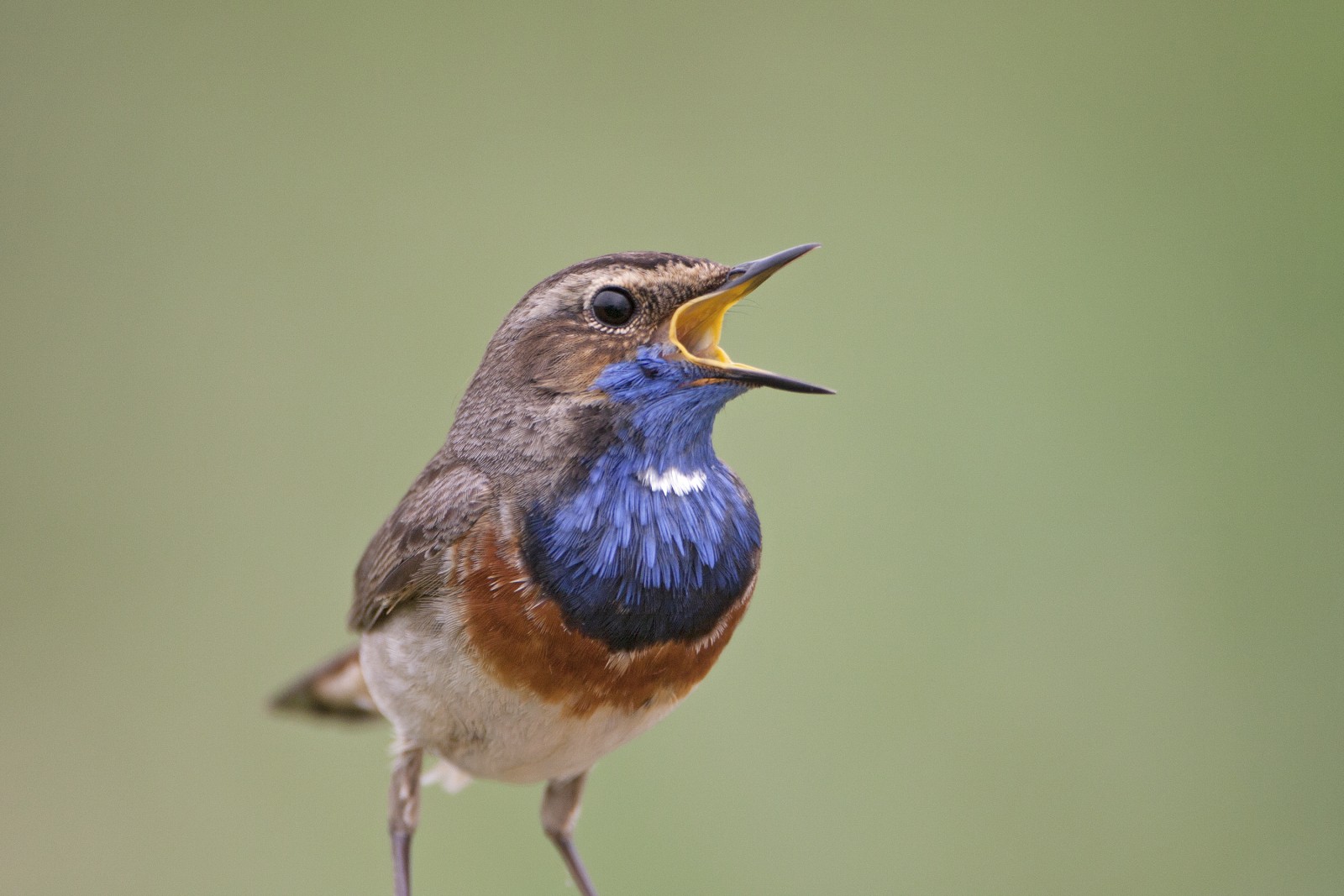Description
Texel is one of the best bird watching destinations in the Netherlands. Bird watchers from all over Europe come to this Wadden Sea island to watch birds. Rare birds are often seen and interesting birds can be seen all year round. Texel is well known for its variety of bird habitats: the North Sea, the tidal Wadden Sea, sand dunes, lagoons, bays, woods, wet and dry polderlands and meadow lands. Hundreds of thousands of birds gather on the Wadden Sea during bird migration. The island is easy to explore with a (rental) bicycle and interesting birds can be seen every season.

Texel stretches 20 km in length and averages 8 km in width. It is easy to explore the island yourself. Best way to do that is by bike. On the east side of the island you find a string of great nature reserves along the Wadden Sea Coast. With a bicycle (that you can rent almost anywhere on the island) you can cycle along all of them in a 10 km drive in half a day. Other great areas to explore are the northern point of the island, the southern point of the island, the meadow bird area of Waalenburg in the middle of the island and the beautiful sea inlet of the Slufter. And then there are the dune areas that are also great to check out. It's there that often rarities turn up during migration.

Take at least two days to explore the island, but better is to stay 3 to 5 days to really get to know all the best bird areas, or a full week if you want to get the most of it. If you have less time a birding excursion is good option. Texel has many expert bird guides.
Below we have listed the best birding areas for you. Zoom in on the map and click on the red star of a birdingplace on the map below to go to the detailed description of an area.
_2.jpg)
